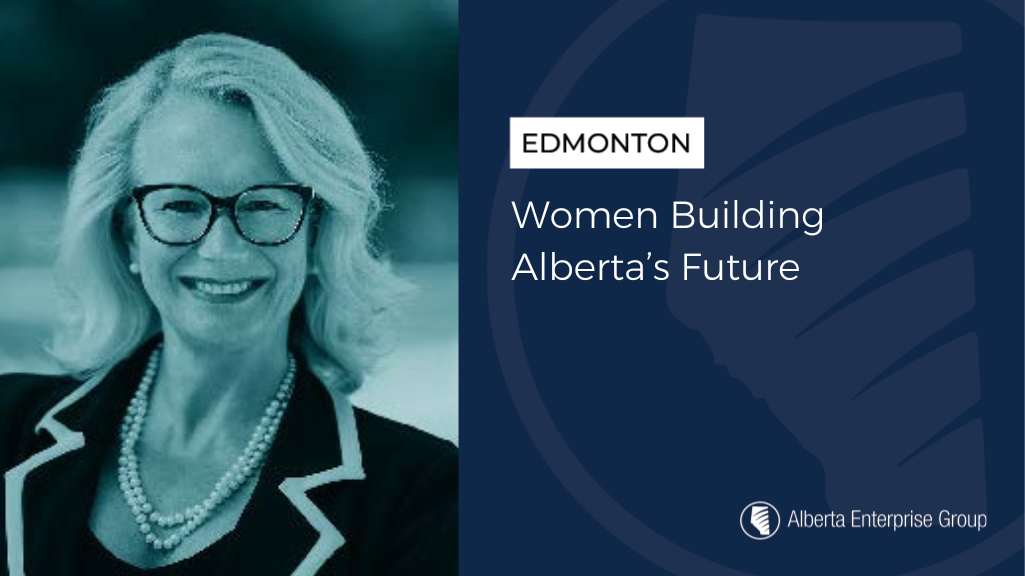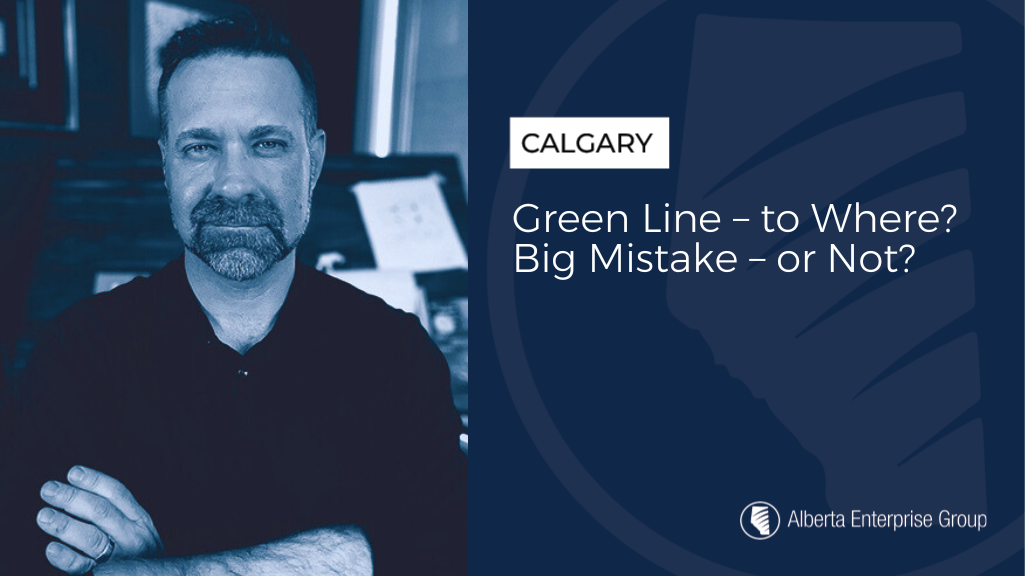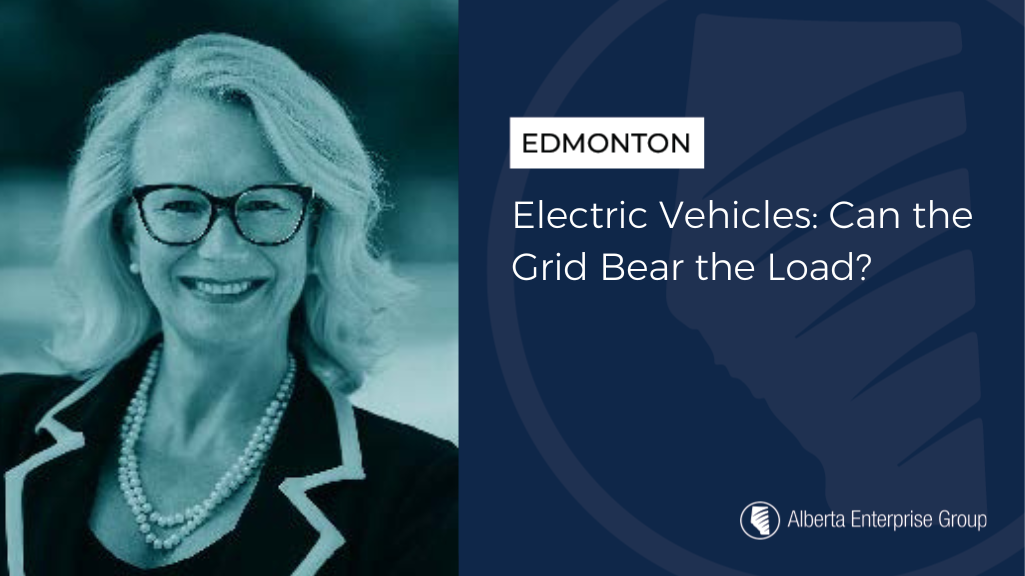Alberta’s been on a roll. In July, Moody’s upgraded Alberta’s outlook from stable to positive and affirmed its AA2 credit rating. The respected research firm cited the province’s balanced budget, debt repayment legislation and spending constraints for its decision.
The Green Line vision – by its name tied to ‘Climate Change’ – was conceptualized in 2016 with lots of justification and talk about Calgary expanding by hundreds of thousands of people, and how this new line transporting people to all life’s events would reduce greenhouse gas emissions and road congestion.
The current federal government decree is for all new passenger vehicles to have net-zero emissions by 2035 – that’s only 11 years away. Rather than liquid or gaseous fuel, electric vehicles (EVs) run on electricity and must get that electricity from somewhere.
Housing has now become the PM’s latest expertise. He has declared ‘their plan’ to solve the housing crisis. With no background in the housing industry, his Party has outlined steps they intend to take to accomplish ‘his plan’ to build more homes.
The precarity of our supply chains was one of the unsettling realities revealed by the pandemic. All it took was a strain on a single link to cause shortages throughout the system. In some cases, it was an annoying inconvenience. In other cases, it was much more serious, including shortages of baby formula, computer chips and the contrast dye used for X-rays, ultrasounds, CT and MRI scans.
Attendees to yet another COP28 gathering of ‘the rich, the famous and the confused’ under the guise of saving the world from alleged manmade global warming, met in oil-rich Dubai to talk about a ‘phase out’ or ‘phase down’ of hydrocarbon energy.
The poor state of Canadian infrastructure should be a cause of concern to all levels of government. However, as provincial governments across the country are stepping up to make key infrastructure investments, Ottawa signals that they will continue to inconvenience Canadians on their path to a “better future.”
After enjoying several days of golf in warm Arizona, I returned home to hear about people hand shoveling their driveway five times a day after the heaviest snowfall of the season. I must admit I felt no guilt that I had coincidently escaped this event.
To thrive, the vertical farming sector must address broader market needs by expanding beyond microgreens and leafy greens to include a wider variety of produce. This diversification, along with managing unit costs, ensuring power reliability and affordability and developing a skilled workforce, are crucial for meeting retailer and consumer demands.
It appears this technology is on its way to both being a ‘gift’ and a ‘curse’. Some have changed and greatly improved aspects of our lives while others have been accused of threats to our civil rights, economy and democracy. AI has moved from an academic theory to quickly becoming a reality – think, facial recognition, self-driving vehicles, smart homes, interpreting medical tests, online shopping and cybersecurity to name just a few.











